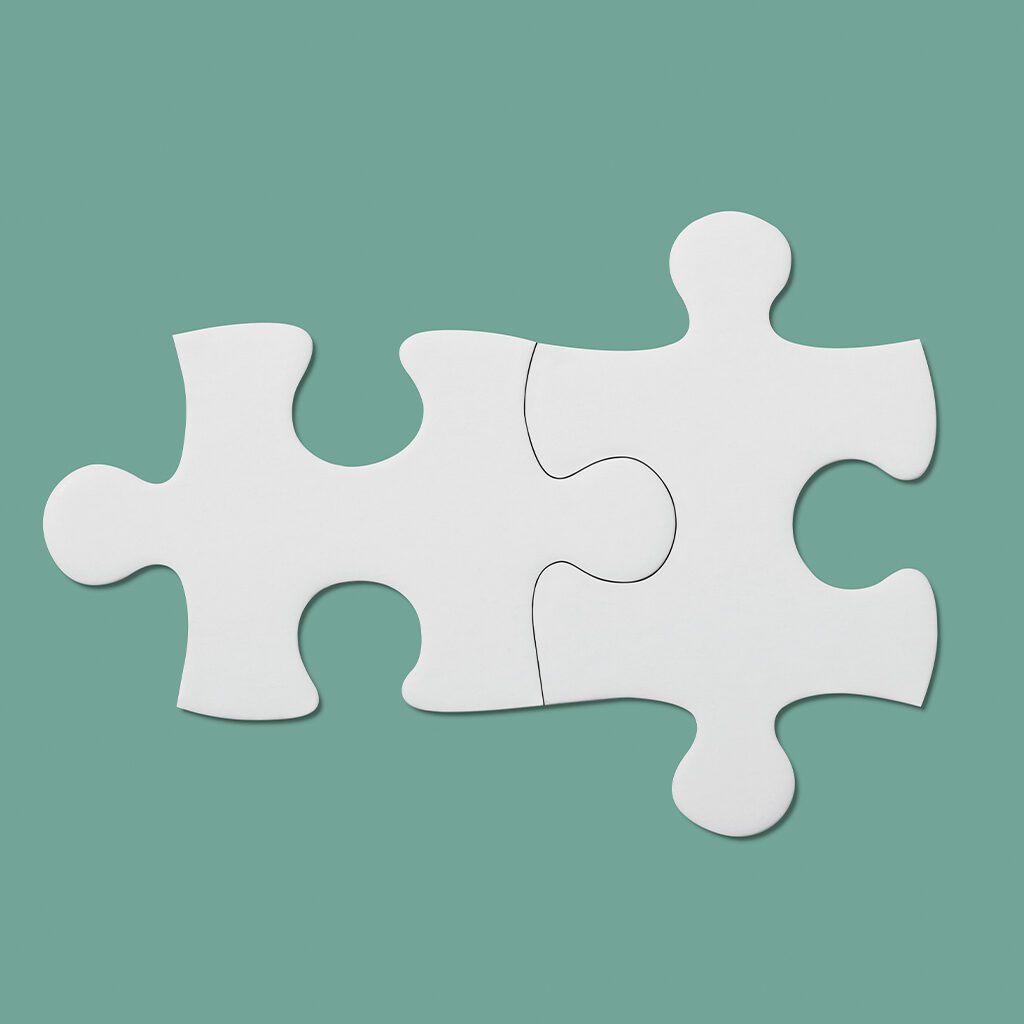Fostering Emotional Independence in Marriage
Independence is a celebrated trait in today’s society. We’re encouraged to be independent– to look after ourselves, make our own decisions, and take charge of our lives. Yet in marriage, dependence is necessary and sets the stage for a strong, healthy relationship. So where is the balance? What role should independence, specifically our emotional independence, play in marriage? Here, couples therapist Dr. Carol Stoney answers the tough questions on fostering emotional independence in marriage, from finding balance to taking the time to evaluate yourself and your relationship.
What does an emotionally independent marriage look like?
According to Dr. Stoney, emotional independence is defined as the management of your own emotions. In a marriage, it’s understanding your own thoughts and feelings toward a topic before consulting your partner, as well as knowing when to handle a situation with your own emotional tools. “Emotional independence is looking first to yourself when there is a stress in the marriage,” Dr. Stoney shares. “You have to examine your own contribution to any relational issue and take care of that before holding your spouse accountable for his or her part.”
Emotionally independent marriages should bring spouses closer together, rather than pulling them apart. “It’s a good balance of taking care of yourself and your partner, and that requires knowing yourself well and taking a lifetime to really know the needs, wants, and dreams of your partner,” Dr. Stoney explains.

Can I be too emotionally dependent on my partner?
Total reliance on your partner creates a toxic dynamic that can be detrimental to the relationship. “If you are too emotionally dependent, then you live like a bucket with a hole it in, never able to stay full – nothing will work to make you feel safe, loved, or appreciated,” Dr. Stoney says. “Maintaining some sense of emotional independence gives us a shot at being able to manage ourselves whenever issues inevitably arise in the marriage.”
Often, this unhealthy dependence stems from one of two things: never having witnessed a healthy, effective relationship, or having experienced a relational trauma that makes healthy attachment feel unsafe (even though that seems counterintuitive). If you are struggling with an unhealthy emotional dependence, and talking about the problem with your partner hasn’t helped, Dr. Stoney suggests seeking help from a counselor with specific training in couples therapy. Good therapy is the most effective way to look at how you have developed along the continuum of emotional dependence and independence, and the time invested will help you work toward depending on each other in a healthy way.
How can I achieve a healthy balance in my relationship?


Fostering emotional independence starts with evaluating your relationship with your spouse. “People who are overly dependent on their partners hyper-focus on the partner’s thoughts, moods, and behaviors without being aware of their own. When you find yourself living too much in another person’s world, step back and consider what it is that you bring to the table,” Dr. Stoney advises. Questions to ask yourself include: “Do I have meaningful connections with others? Are there activities or people that I look forward to outside of my marriage?” Alone time in a marriage is completely normal, whether it looks like an hour at the gym or your favorite volunteer work.
And maintaining a social support system outside of marriage – by meeting that friend for brunch or planning a girls’ weekend – eases any emotional pressure you or your spouse may be feeling.
It’s also important to check in with yourself daily, even if just for five minutes, and reflect on how you’re feeling about your own life. Have you been working toward your own dreams and aspirations, or do you even know what they are? What makes you feel joyful or sad, and how can you work toward your happiness? “At the end of the day, emotional independence in any relationship has everything to do with knowing yourself – take advantage of some alone time, and do the work to learn how to manage your own emotions,” says Dr. Stoney.


Dr. Carol Stoney
Couples Therapist, Healing for Couples

